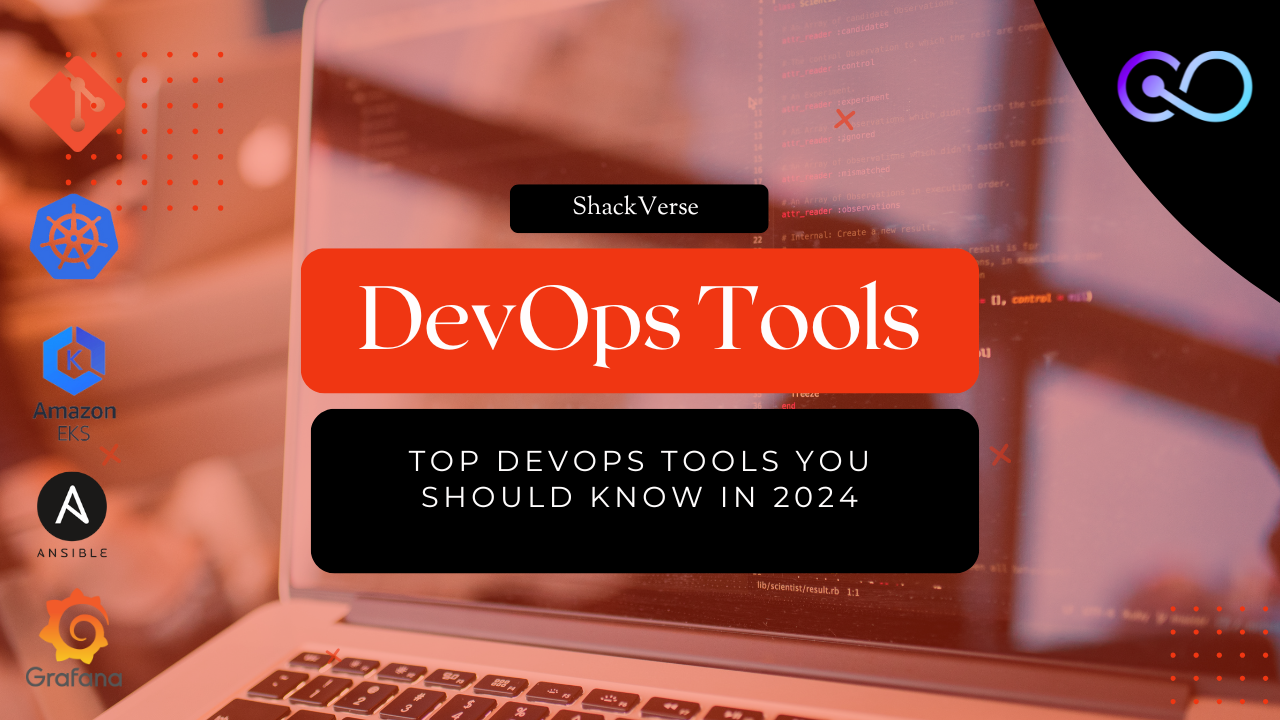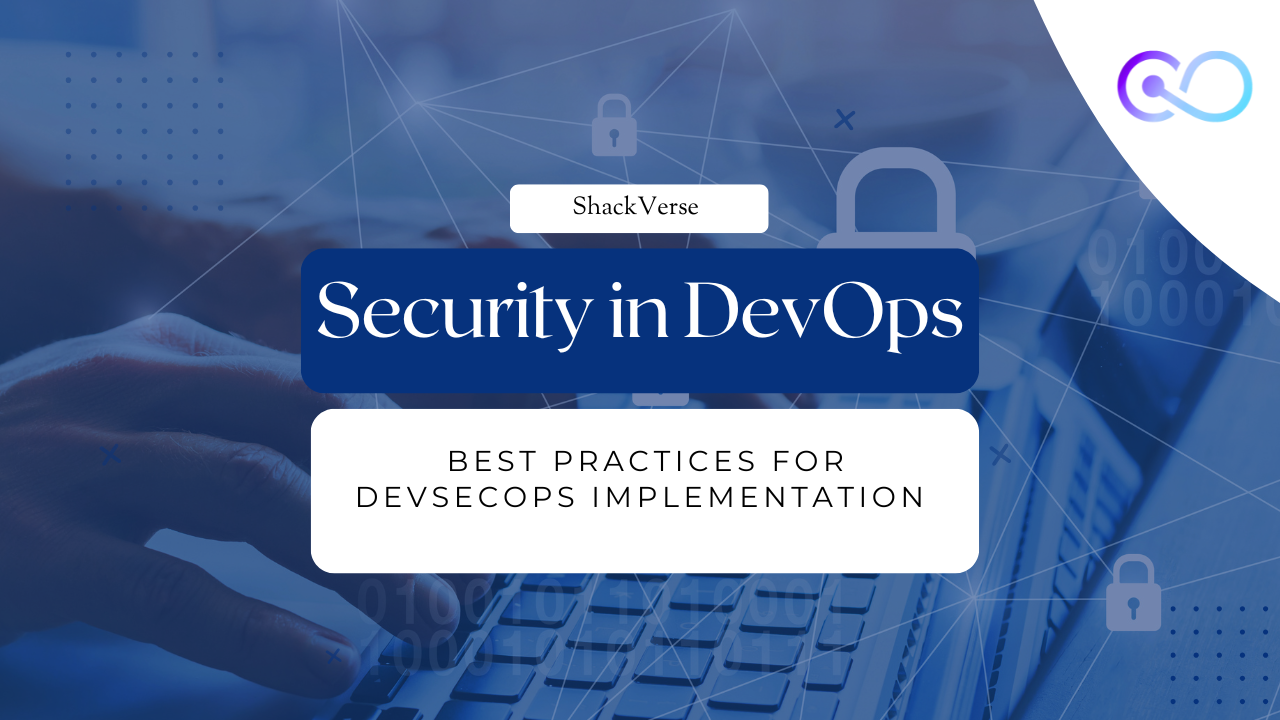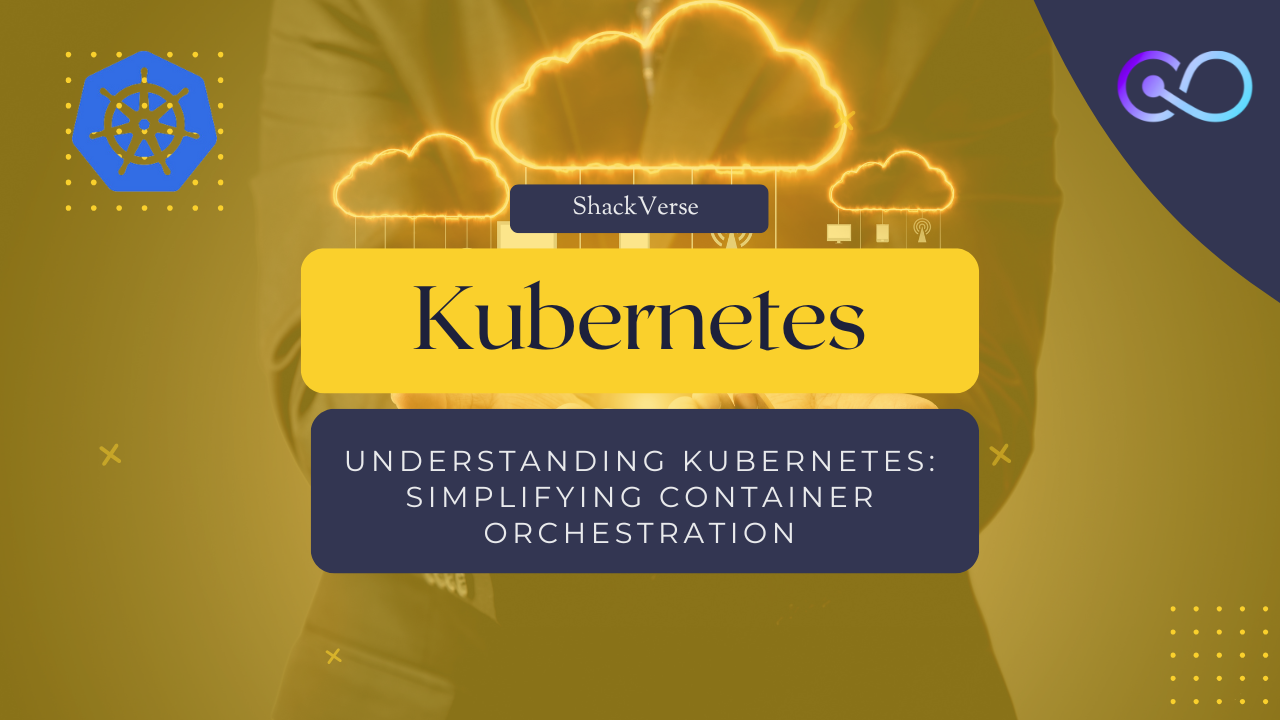DevOps is a fast-evolving field, and the right tools can make all the difference in achieving efficiency, collaboration, and automation. In 2024, several tools stand out as must-haves for DevOps professionals. Here’s a comprehensive guide to the top DevOps tools you need to know:
1. Kubernetes
Kubernetes remains the leader in container orchestration, enabling teams to deploy, scale, and manage containerized applications efficiently.
- Key Features: Automated scaling, self-healing, service discovery
- Use Case: Managing microservices and ensuring high availability
2. Docker
Docker simplifies the creation, deployment, and management of containers, providing developers with a lightweight and consistent environment.
- Key Features: Portable containers, easy integration with CI/CD pipelines
- Use Case: Building and testing containerized applications
3. Jenkins
Jenkins is a popular CI/CD tool that automates software builds, tests, and deployments.
- Key Features: Extensive plugin ecosystem, pipeline-as-code support
- Use Case: Continuous integration and delivery
4. GitHub Actions
GitHub Actions integrates seamlessly with GitHub repositories, providing automation for building, testing, and deploying code.
- Key Features: Built-in CI/CD workflows, easy integration with GitHub
- Use Case: Simplifying CI/CD for GitHub projects
5. Terraform
Terraform is an infrastructure-as-code (IaC) tool that enables teams to define and manage cloud infrastructure in a declarative configuration.
- Key Features: Cloud-agnostic, reusable modules, dependency management
- Use Case: Automating infrastructure provisioning and management
6. Ansible
Ansible simplifies configuration management, application deployment, and orchestration with a simple YAML-based approach.
- Key Features: Agentless architecture, easy-to-read playbooks
- Use Case: Automating repetitive tasks and managing configurations
7. Prometheus
Prometheus is an open-source monitoring and alerting toolkit designed for reliability and scalability.
- Key Features: Multi-dimensional data model, powerful query language
- Use Case: Monitoring infrastructure and applications
8. Grafana
Grafana is a visualization tool that integrates with Prometheus and other data sources to provide insights through interactive dashboards.
- Key Features: Customizable dashboards, support for multiple data sources
- Use Case: Visualizing metrics and performance data
9. ArgoCD
ArgoCD is a GitOps tool for Kubernetes, ensuring that the desired state of the application matches the actual state.
- Key Features: Declarative application management, automated synchronization
- Use Case: Simplifying Kubernetes deployments
10. Splunk
Splunk provides log analysis and monitoring capabilities, helping teams to identify and resolve issues quickly.
- Key Features: Real-time log analysis, robust search capabilities
- Use Case: Troubleshooting and monitoring applications
Conclusion
Adopting the right tools is critical to a successful DevOps strategy. Each of these tools addresses specific challenges, from container management to CI/CD, monitoring, and infrastructure as code. By integrating these tools into your workflow, you can achieve greater efficiency, scalability, and collaboration in your DevOps processes.
Stay ahead in the ever-evolving world of DevOps by mastering these essential tools in 2024. Ready to transform your workflows? Start exploring these tools today!










